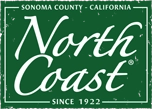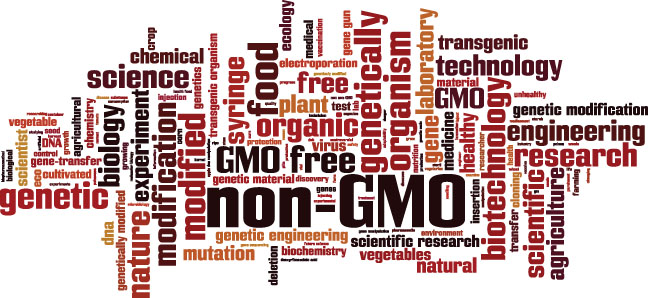What are GMO Foods?
Genetically modified foods (GMO), also known as genetically engineered foods or bioengineered foods, are foods that are produced from organisms that have had changes introduced into their DNA using the methods of genetic engineering. In most cases, the aim is to introduce a new trait to the genetically modified plant or animal that does not occur naturally, such as resistance to pests, disease, extreme heat, drought or skin discoloration.
What types of foods might be genetically modified?
The Agricultural Marketing Service, an agency within the United States Department of Agriculture, has listed these foods that are available in a bioengineered form throughout the world: alfalfa, arctic apples, canola, corn, eggplant, Hawaiian papaya, pineapple, potato, salmon, soybeans, squash and sugar beets.
According to Prevention, GMOs are in 80% of the processed food on grocery store shelves, and a handful of whole foods as well. That’s because genetically modified food crops are made into hundreds of other ingredients, such as: corn syrup, soy lecithin, canola oil, cottonseed oil and sweeteners that are used to make many of the processed foods Americans commonly eat. GMO foods also include: meat, eggs, and dairy products, if the source animal has eaten feed made from GMO grains.
So ubiquitous have GMOs become today, that unless a food is certified organic or specifically labeled non-GMO, chances are it contains modified ingredients. There is currently no requirement on food manufacturers to label that a food has been made with GMO products. All foods from genetically engineered plants on sale in the United States are regulated by the Food and Drug Administration (FDA), however, and they must meet the same safety requirements as traditional foods.
What is the harm in GMO Foods? What is Non GMO Foods?
First, there is the cancer link. The most widely used herbicide in the United States, Roundup, has been at the center of several recent trials alleging that the weed killer causes cancer. Glyphosate is the active ingredient Roundup. According to the Environmental Working Group, each year, more than 250 million pounds of glyphosate are sprayed on crops in the U.S., mostly on “Roundup ready” corn and soybeans genetically engineered to withstand the herbicide. Increasingly, however, glyphosate is applied to non-GMO wheat, barley, oats and beans because it also kills the crop, drying it out, so it can be harvested sooner.
In 2015, the World Health Organization’s International Agency for Research on Cancer classified glyphosate as “probably carcinogenic” to people. In 2017, the herbicide was also listed by the California Office of Environmental Health Hazard Assessment as a chemical known to the state to cause cancer.
A second reason to be wary of GMO foods is that genetically engineering foods is a relatively new practice, and little is known about their long-term effects. Although many scientists argue that there’s no proof that genetically modified foods can harm human health, others counter that there simply hasn’t been enough research conducted to know for sure. According to Prevention, such arguments have persuaded 30 countries—including Japan, Australia, and the entire European Union—to ban or severely restrict GMO crops.
There are other concerns about eating GMO foods as well. According to Medical News Today, some people worry that GMO foods have more potential to trigger allergic reactions because they may contain genes from an allergen. There is also concern that genetic modification, which can boost a crop’s resistance to disease or make it more tolerant to herbicides, could affect the ability of people to defend against illness. Lastly, some GMO plants contain genes that make them resistant to certain antibiotics, so there is a concern that antibiotic resistance could pass on to humans.
Coming soon: GMO ingredients must be disclosed on U.S. food labels
A law passed by Congress in 2016, The National Bioengineered Food Disclosure Law, directs the USDA to establish a national mandatory standard for disclosing foods that are or may be bioengineered. The implementation date of the Standard is January 1, 2020, except for small food manufacturers, whose implementation date is January 1, 2021. The mandatory compliance date is January 1, 2022. Until the new regulations come into effect, there is no clear way to know whether foods contain GMO ingredients.
North Coast Organic Apple products have no GMO ingredients
North Coast Organic has always made our organic apple sauces, apple juices and other products with non-GMO fruits, vegetables and other ingredients. We have always believed that the best source of wholesome nutrition for our customers is what mother earth has naturally created for us. North Coast Organic products also have no artificial colorings or flavorings, or preservatives, including ascorbic acid.
If you’d like to find out where to purchase North Coast Organic products, we invite you to check out where they are sold at markets and grocery stores near you.
North Coast Organic apple products are made in Sebastopol, CA from U.S. grown certified organic apples. They contain no added sugars, preservatives, colorings or flavorings. If you have anymore questions, please Contact Us today.







